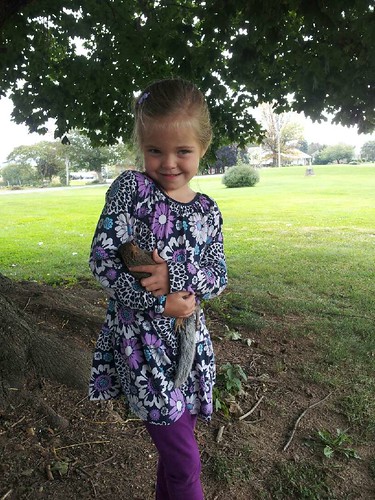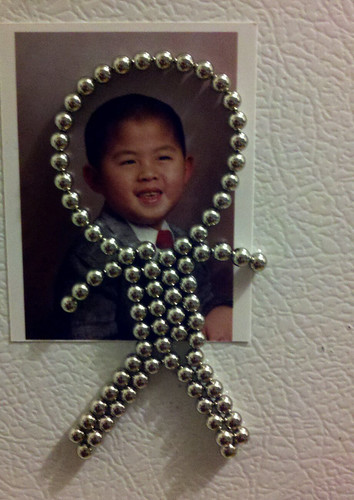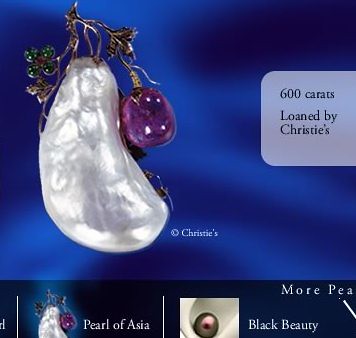Have you thought lately about how God blesses us through what He takes away from us? I don’t just mean trials and burdens… I mean taking away “good” things.
The blessings He GIVES us are easy to see! Just think about the VOICE ’13 staff! Since we said goodbye in August; David & Anna moved to Nantou – Jerry & Ada moved to Pingdong – Ethan moved to Taichung — Audra had a baby – Zack got married – Brianne moved to Pingdong – I joined SYME in Taichung – Loren and Tina got married to each other! 😉
These are all added blessings that we naturally thank God for… but do we remember to thank Him for the process? The journey? For the things He takes away? – I’m sure each of them had to give up or allow God to replace something “good” in their lives before they received these new and wonderful blessings… but, at the time, they may not have known why they had to let go! They just had to trust Him.
Sometimes God takes things away in order to give them back to us in His way.
Sometimes He replaces good things with better things.
- God restored Isaac to Abraham; strengthening and proving Abraham’s faith, while still fulfilling His promise of both descendants and a Messiah!
- The Lord blessed Joseph’s life, used him to preserve the nation of Israel, and allowed him to see his beloved father and family again face to face!
- God blessed Job with twice as much material wealth as before, spoke to him personally out of a whirlwind, and directed the story to be preserved so that we could understand His mind and ways better.
- After the cross, the disciples received their Master back AS SAVIOR! Moreover, they and we will be in His presence for eternity!
- Through Jesus’ sacrifice of power, glory, holiness, etc. He received the church as His bride and inheritance, the keys of the kingdom, all honor, glory, power… the list goes on!
It is much better to praise Him right away (Job 1:20-21), and choose the “good portion, which will not be taken away” from us (Luke 10:42) — relinquishing things of earthly substance in order to receive blessings that are of heavenly/eternal value!
Through times of loss, sadness, pain and disappointment, I have experienced some of the sweetest times of fellowship with God! I have been blessed by trials when I’ve consciously chosen to praise Him in faith, trusting that He was working for His glory and my good, even when though I didn’t understand.
Our hopes can change easily; but, if we seek to only have what God chooses for us, then our desires don’t ever need to change! Moreover, instead of attaining our goals, we can instead joyfully give those desires of our hearts back to Him for safe-keeping… if they are blessings He wants to fulfill, He can do so a hundredfold!
So why wait 2 years (or however long) until we understand WHY God has taken something away before we thank Him? Let’s do it now, trusting that it is a blessing from Him!
“Rejoice always, pray without ceasing, give thanks in all circumstances; for this is the will of God in Christ Jesus for you.” – I Thes. 5:16-18










